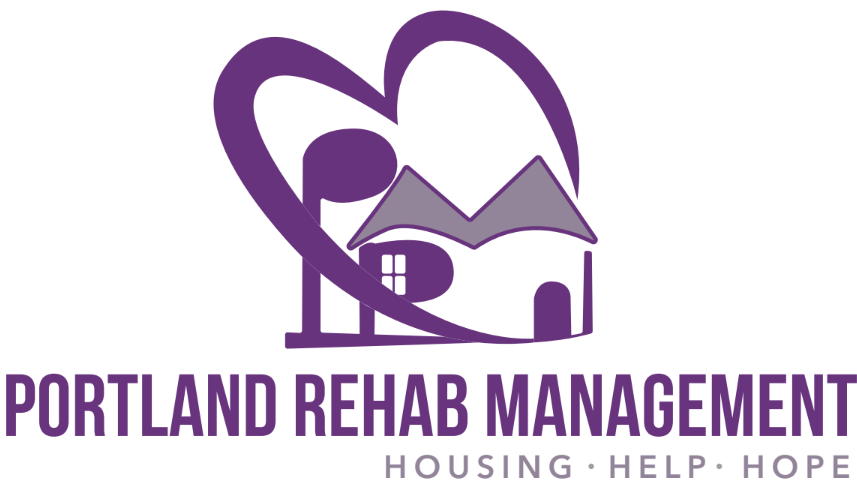We are accepting new residents. To be a resident at our homeless shelter you must meet the following criteria:
- Prospective residents have to be completely homeless (living on the streets)
- Able to perform basic living activities (bathing, dressing, feeding)
- Not considered to be a danger to themselves or others
- Must not be actively using drugs/alcohol or actively seeking to stop using drugs/alcohol
Before admission
- An interview will occur with the potential incoming resident
- The Client Care Coordinator will check the new residents bags
- Perform an interview and discuss the rules of the shelter
- The incoming resident must sign the PRM intake form and resident agreement form
Past Drug and Psychiatric History
- Potential residents will truthfully discuss their past drug and alcohol history with the Client Care Coordinator. This information will not be shared. It is used to develop a rehabilitation plan.
Drug Abuse Problems
- If a resident seeks help with a cocaine or other drug abuse problem, speedy action for admission to the Patricia House for rehabilitation will be sought if the Medical Director, Program Administrator, Psychiatrist, or Mental Health Officer deems admission appropriate. We will urgently fund raise to support the resident.
Referrals
- If referred from another institution or organization, the Client Care Coordinator will interview the referring person regarding the client’s history and suitability for PRM. All relevant documents will be copied for PRM before admission, to ensure safety and continuity of care.
Medical History and Physical Exam
- Medical history and Physical exam with any/all problems listed and medications needed is to be obtained within one week of admission. Physical exam will consist of (at a minimum) teeth, skin, feet, vital signs, heart, lungs and abdomen check, and a glucose (sugar) and HIV test (later with permission, though testing is a precondition for admission).
- Individuals who are HIV positive are welcomed at the shelter.
- Psychiatric Assessment by Mental Health Officer is to be obtained within one week of admission if psychiatric diagnosis is suspected.
Medications
- A resident who is prescribed medications must take their medication as prescribed.
Police Record
- A review of Police Record will be requested upon admission and obtained within 2 weeks of admission of any client. Police are to be informed who our clients are at all times, for the safety of the PRM staff, residents and local community.
Clothing and Showers
- Shower and a change of clothing is required upon admission. Prospective clients will be provided with clean clothing if they do not have any.
Zero Tolerance Policy
- There is a Zero Tolerance policy for violence, weapons possession, stealing, or illegal drug use/possession at the shelter. Any such action or offense shall lead to immediate discharge.
- Any staff members on duty, attendants, volunteers, or activities director can independently and without delay/consultation request the immediate departure from the facility any client who they consider a likely risk for aggression and/or violence to self or others, or for any other valid reasons. If assistance is needed for expulsion, or discharge is needed, the assistance of the police may be obtained.
Confidentiality
- All clients’ confidential information is not shared with anyone outside of the PRM staff/volunteers. Residents confidential information is treated with respect and all information is locked in a secure cabinet.
Helping Residents Get back on Their Feet
- A public assistance assessment shall be made within the first two weeks of admission. If the client is a good candidate to receive PATH benefits or rehabilitation grant money, steps should be made towards this goal.
- The Ministry of Labour and Social Security can be reached with any questions at 1-888-991-7284. Additional information can be found on their website http://www.mlss.gov.jm/pub/index.php.
Rehabilitation Plan
- A social assessment and rehabilitation plan is made within the first two weeks of admission. During the social assessment, staff develop short and long terms goals with the client, in order to collaboratively develop the rehabilitation plan. The short-term goals (1-2 months) shall be reviewed with the client on a monthly basis to evaluate their progress.
- Any rehabilitation plan may include teaching and supervising self-care activities, communal duties (cleaning, maintaining of Centre), recreational or occupational activities, group therapy (discussion of life story, sharing of emotions, positive thinking and self-esteem, anger management, etc), registration of person (legal and financial papers), psychoactive medication, establishing contact with family and friends, and relocation (stable housing situation). Seeking the assistance of the Poor Relief Officer in establishing identification papers, obtaining birth certificate, Tax Registration Number (TRN), etc. is strongly encouraged upon admission. The Poor Relief officer is encouraged to make entries into the clinical record.
Group Discussion
- One-on-one conversations, and basic life skills training will begin upon admission. Counseling services are occasionally available through volunteers and representatives from local organizations. When a residents are in need of counseling, volunteer services may be requested from local churches and willing psychologists or psychiatrists.
Meals
- Meals are to be prepared by staff and volunteers and with assistance by able residents.
- PRM Homeless Shelter is a community and all able participants are expected to help.
Security
- PRM Homeless shelter is staffed 24/7 to ensure the safety and well being of our residents, staff, and volunteers.
